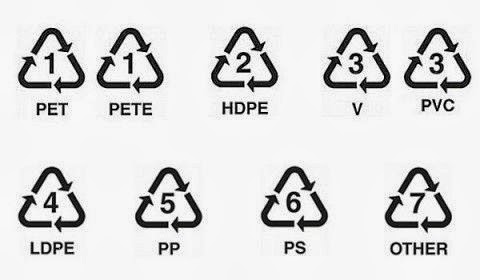Assorted Links about Science, Technology and Innovation
I. Innovation: These Are the World's Most Innovative Economies: Nordic nations dominate the top 15, while South Korea reigns supreme and Russia is dealt a huge blow (Bloomberg) and The innovation network. Abstract: Innovation is typically seen as a cumulative process, with new technologies building on existing knowledge - but our knowledge of how progress in a specific area is influenced by knowledge in other, ‘upstream’ areas is limited. Using US patent data, this column identifies a stable ‘innovation network’ that serves as a conduit for cumulative knowledge development. Technological advances in one field can advance progress in multiple neighbouring fields, but will have a stronger influence on more closely related areas (VOX).
II. Concentration of Robots by Country an interesting way to look at global labor force: The Robot Rampage (Bloomberg).
III. Seven things to know about Alibaba, China's online giant (WEF).
IV. Digital Banking: Engaging customers: The evolution of Asia–Pacific digital banking: Consumers across the region are adopting digital banking. Our latest study finds banks must act quickly to take full advantage (McKinsey) and Electronic money versus money: An assessment of regulation. Abstract: Electronic money – digital payment instruments that store value – can be seen simply as a technological innovation for holding and accessing regular money. This column argues that how it is used and regulated will determine whether e-money instead serves as a replacement for existing money, and discusses the regulatory implications (VOX).
V. IMDB Movie Analysis (R-bloggers).
VI. The 12 Most Controversial Facts In Mathematics (Business Insider).
VII. Evolution, Climate and Vaccines: Why Americans Deny Science (Live Science).


Comentarios